Description
Mesoestetic Age Element Brightening Eye Contour is enriched with innovative ingredients. These include vitamin C, ultra-modern peptides and Bacillus ferment. This innovative and scientifically designed eye cream helps to boost collagen production and increase skin elasticity.
Benefits are:
- Brightens and hydrates the delicate skin around the eyes
- Reduces the appearance of dark circles and puffiness
- Boosts collagen production and increases skin elasticity
- Reduces the appearance of wrinkles, fine lines, and crow’s feet
Contains
15 ml
Instructions For Use
Apply twice daily, in the morning and evening onto clean and dry skin.
Active Ingredients
Different Forms Of Vitamin C
3-O Ethyl Ascorbic Acid is a derivative of vitamin C. It is a stable form of vitamin C modified to be more easily absorbed by the skin and provide enhanced benefits. 3-O Ethyl Ascorbic Acid has been shown to have a brightening effect on the skin, helping to reduce the appearance of dark spots and uneven skin tone. It also has antioxidant properties that can help protect the skin from environmental stressors such as pollution and UV radiation. In addition to its brightening and antioxidant properties, 3-O Ethyl Ascorbic Acid has also shown anti-ageing benefits. It can help stimulate collagen production in the skin, which can help reduce the appearance of fine lines and wrinkles over time.
Ascorbyl Propyl Hyaluronate is a water-soluble derivative of vitamin C and hyaluronic acid that is commonly used in skincare products for its brightening and anti-ageing benefits. Hyaluronic acid is a natural component of the skin that helps to retain moisture and keep it hydrated. Vitamin C, on the other hand, is a potent antioxidant that can help to protect the skin from free radical damage and improve skin tone and texture.
Ascorbyl palmitate is a fat-soluble derivative of vitamin C that is more stable and less prone to oxidation than other forms of vitamin C used in skincare. When applied topically, ascorbyl palmitate can brighten the skin, improve skin texture, and reduce the appearance of fine lines and wrinkles by stimulating collagen production.
Magnesium Ascorbyl Phosphate (MAP) is a stable, water-soluble derivative of vitamin C that is commonly used in skincare products for its antioxidant and skin-brightening properties. It is a form of vitamin C that is more stable and less irritating than other forms, such as L-ascorbic acid. MAP is converted to ascorbic acid (pure vitamin C) when it penetrates the skin, providing the same skin benefits without the irritation that can occur with pure vitamin C.
Vitamins
Tocopherol (Vitamin E) is an antioxidant and helps protect your skin from environmental factors that are known to harm the skin, breaking down the collagen that keeps your skin smooth and bouncy. The range helps lock in moisture and keep all skin types happy and hydrated – even dry skin.
Niacinamide (vitamin B3) is a stable vitamin that offers a wide range of well-documented topical benefits. Niacinamide helps hydrate skin, reduces sun spots and pigmented lesions, promotes skin elasticity, decreases redness and blotchiness and acts as an antioxidant, fighting free radicals.
Innovative Peptides
Acetyl Tetrapeptide-2 is a synthetic peptide used in skincare products for its anti-ageing properties. It is a small molecule that can mimic a small protein in our bodies called thymopoetin. This protein stimulates the growth of new skin cells and protects it from inflammation and infection. As we age, we have less thymopoetin in our skin.
Hydrators and Moisturisers
Sodium Hyaluronate is a salt form of hyaluronic acid, a naturally occurring substance in the human body that helps to keep the skin hydrated and plump. Sodium Hyaluronate has a smaller molecular size than hyaluronic acid, which can penetrate the skin more quickly and deeply, providing intense hydration and plumping effects. It can attract and hold onto water molecules, helping to boost the skin’s moisture levels and improve its texture and elasticity.
Squalane is a natural oil commonly used in skincare products for its moisturizing and anti-ageing properties. Squalane is derived from squalene, which is a natural substance that is found in the sebum of human skin. However, squalene is unstable and can oxidize quickly, so squalane, a more stable form of squalene, is often used in skincare products instead. The skin easily absorbs squalane and helps to improve its moisture balance, leaving it feeling soft, smooth, and hydrated.
Cocos Nucifera Oil is coconut oil, is a popular ingredient in skincare products due to its moisturizing, nourishing, and antibacterial properties. Coconut oil is rich in medium-chain fatty acids, which are easily absorbed by the skin and help to strengthen the skin barrier, locking in moisture and keeping the skin hydrated. It also contains vitamin E, a potent antioxidant that helps to protect the skin from free radical damage and prevent premature ageing.
Dimethicone is a type of silicone that is commonly used in skincare and cosmetic products as a skin-conditioning agent, emollient, and texture enhancer.
Amino Acids
Arginine is an amino acid commonly used in skincare products for its moisturizing, anti-ageing, and skin-healing properties. As a naturally occurring amino acid, arginine is an essential component of the skin’s natural moisturizing factors (NMF), which help to maintain the skin’s hydration levels. In skincare products, arginine can help to improve the skin’s moisture retention abilities, keeping it hydrated and plump.
Plant-Based Extracts
Theobroma Grandiflorum Seed Butter, also known as Cupuacu Butter, is derived from the seeds of the Cupuacu tree, which is native to the Amazon rainforest. It is a rich, emollient butter that is highly moisturizing and nourishing for the skin. It has a creamy texture that melts into the skin, leaving it feeling soft and supple. In addition to its moisturizing properties, Cupuacu butter is also rich in antioxidants such as vitamin C and polyphenols, which can help protect the skin from free radical damage and promote a more youthful appearance.
Shikimic acid is a naturally occurring substance that is derived from the fruit and bark of certain plants, such as star anise and sweetgum. It is a type of alpha-hydroxy acid (AHA), which means it can help to gently exfoliate the skin by dissolving dead skin cells and unclogging pores. This can help to improve skin texture and reduce the appearance of fine lines and wrinkles. In addition to its exfoliating properties, shikimic acid also has brightening benefits. It can help to reduce the appearance of dark spots and hyperpigmentation, giving the skin a more even and radiant appearance.
Helianthus Annuus Seed Oil is sunflower seed oil, a non-comedogenic, lightweight, and non-greasy oil. Sunflower seed oil is rich in vitamin E, which is a potent antioxidant that helps to protect the skin from free radical damage and prevent premature ageing. It also contains linoleic acid, an essential fatty acid crucial for maintaining the skin’s barrier function and preventing moisture loss.
Ferulic acid is found naturally in various plants, including rice, wheat, and oats. It is often combined with other antioxidants, such as vitamins C and E, to enhance its effectiveness. Studies have shown that when used in combination with these antioxidants, ferulic acid can help to improve the appearance of fine lines and wrinkles, reduce the appearance of hyperpigmentation and age spots, and improve overall skin texture and tone.
Maslinic acid is a natural compound that is derived from the leaves and fruit of the olive tree. In skincare, it is known for its antioxidant, anti-inflammatory, and anti-ageing properties.
Oryza Sativa Bran Oil, or rice bran oil, is a natural oil extracted from the outer layer of rice grains. In skincare products, it is commonly used for its moisturizing and nourishing properties, as it is rich in antioxidants, vitamins, and fatty acids.
Probiotics
Bacillus ferment is a probiotic ingredient commonly used in skincare products to balance the skin’s microbiome and improve skin health. It is a type of bacteria derived from the fermentation process of Bacillus subtilis, a naturally occurring soil bacterium.

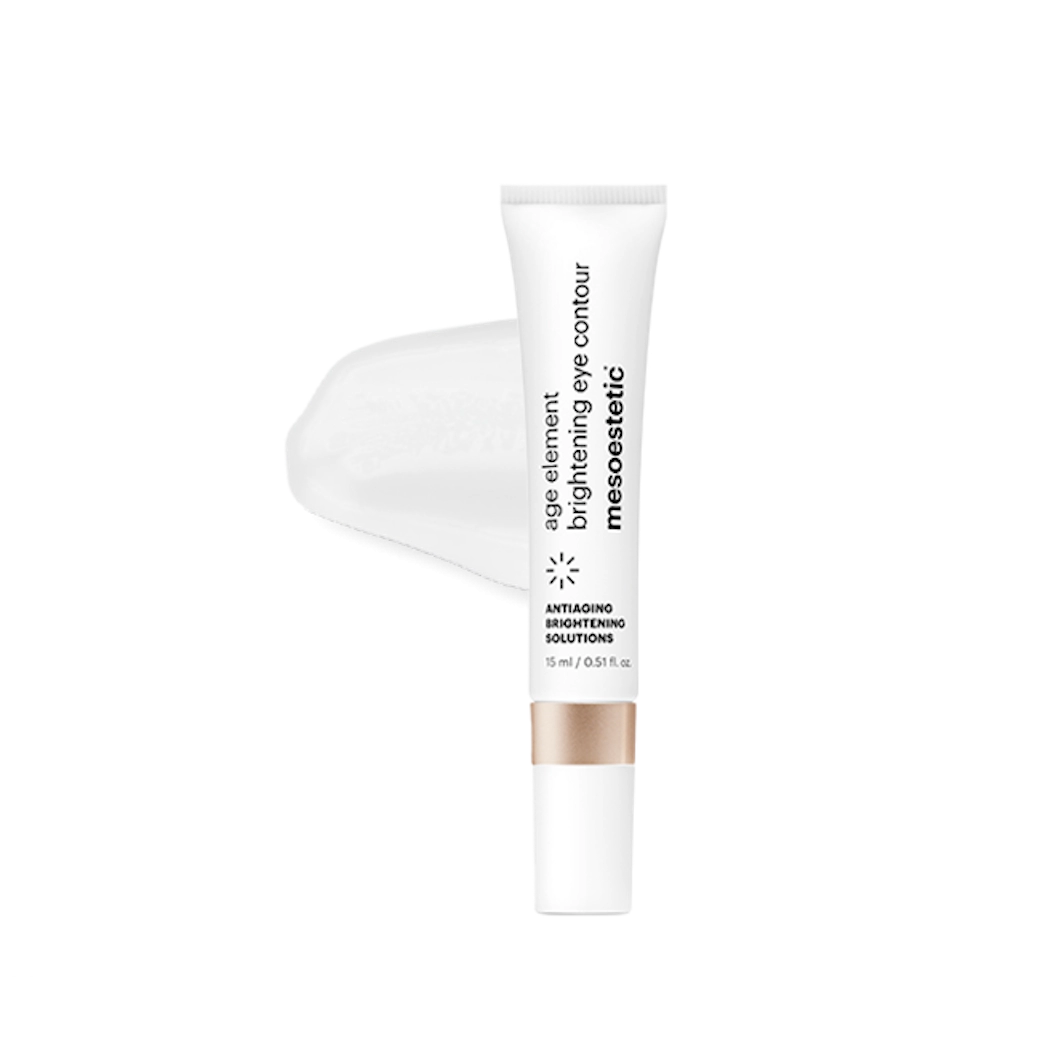
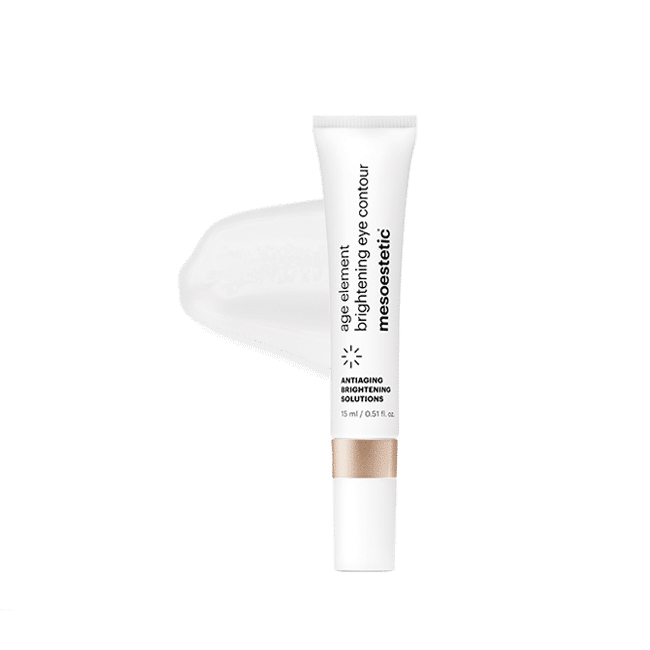
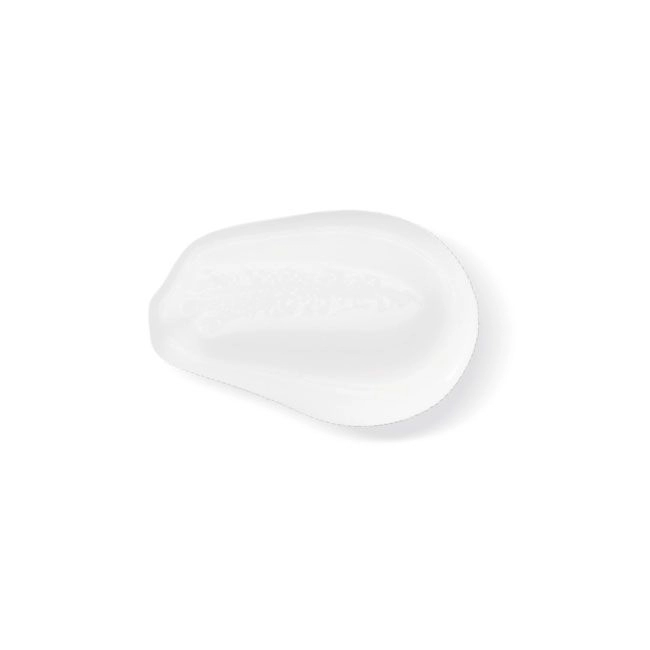
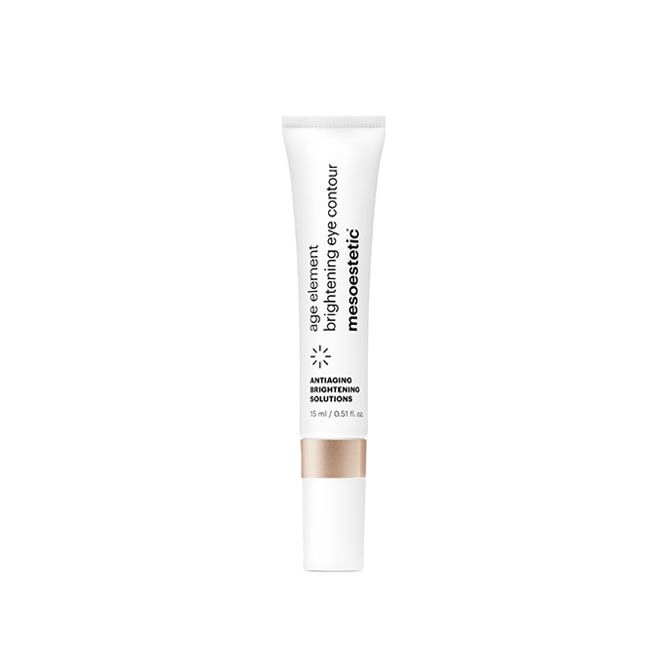
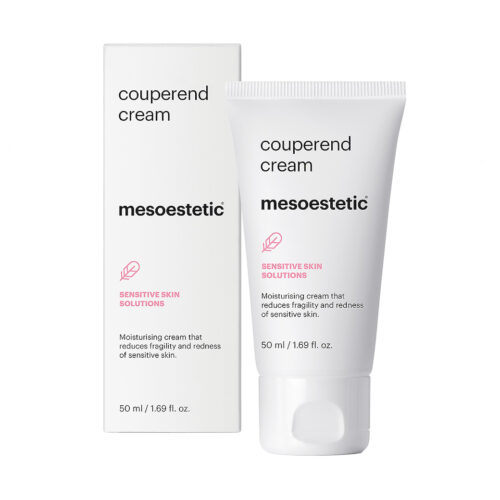
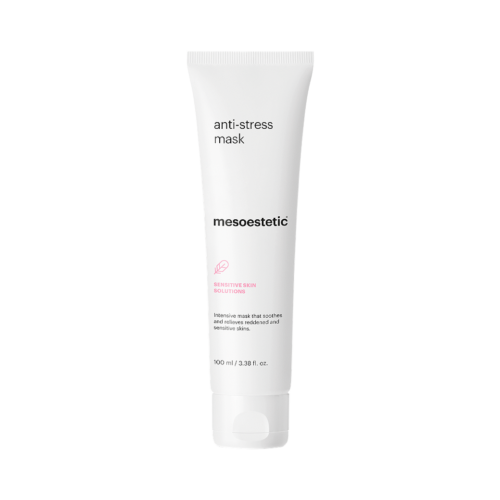
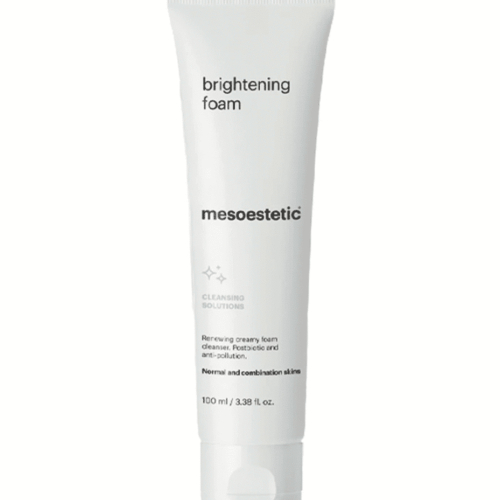
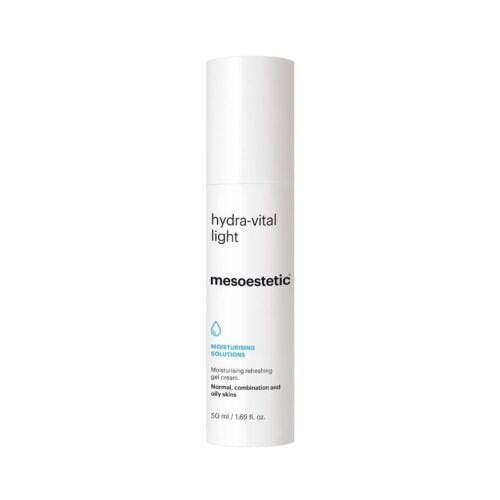
Reviews
There are no reviews yet.